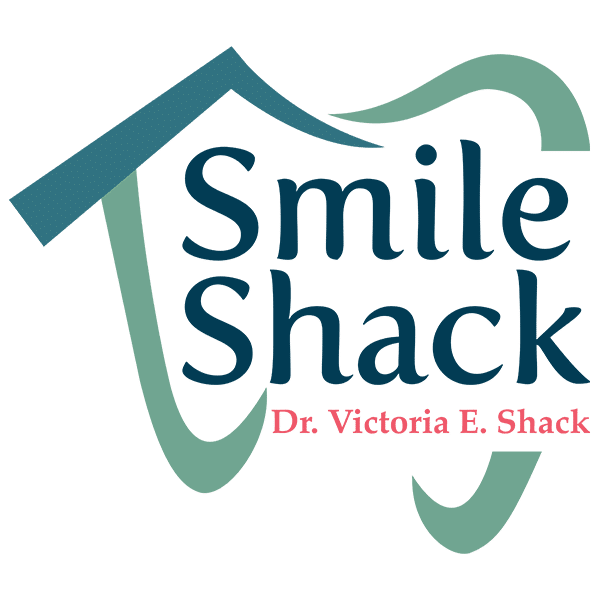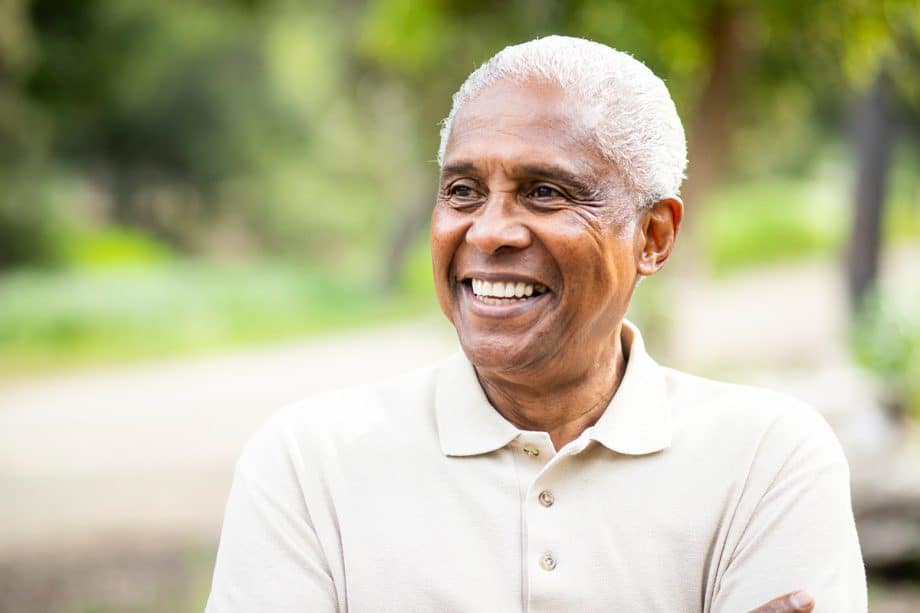Dental implants are considered the best replacement for missing or damaged teeth. They can transform your smile and boost your oral health.
While dental implants are good for your oral health, the aftermath of the surgery can be uncomfortable for a few days. Common-sense principles and always following your dentist's recommendations will help to smooth the process.
Many implant patients are concerned about what they can eat after surgery. This blog will explain our recommendations.
Food Guidelines
After dental implant surgery, you will experience swelling, tenderness, and discomfort in your gums. You may also experience heat and cold sensitivity. Your dentist will recommend appropriate pain medications and give you extensive post-operative information to make your recovery easier.
First Few Days: Liquids and Soft Foods
For the first few days after your surgery, avoid foods that require chewing. Liquids and soft foods include soups that do not require chewing, pudding, yogurt, smoothies, and juice.
Gradually Add Firmer Foods
As your implant sites feel better, you will want to add more substantial foods to your diet. At this stage, you can try soft scrambled eggs, mashed potatoes, tender meats, cooked pasta, and soft bread.
Meal Plan Ideas
Here is a suggested meal plan for the first few days after surgery:
Breakfast:
Oatmeal
Smoothie
Soft Scrambled Eggs
Lunch:
Cottage Cheese
Cooked Vegetables
Smooth Soup
Dinner:
Cooked Fish
Sauteed Spinach
Mashed Sweet Potatoes
Snacks:
Yogurt
Pudding
Meal Replacement Shakes
What to Avoid After Dental Implant Surgery
While planning your post-surgery meals, you will want to keep these guidelines in mind.
For the first 24 hours, it is best if you avoid the following:
- Hot foods
- Frozen foods like ice cream
- Spicy foods
- Straws
- Carbonated beverages
- Smoking
- Alcohol
After the first 24 hours and until your implant sites have fully healed, avoid the following foods. They will set your recovery back and could cause infection.
- Hard foods: Ice, nuts, hard candy, etc.
- Crunchy foods: Popcorn, potato chips
- Chewy, tough foods: Steak, raw vegetables, beef jerky
- Spicy foods: These will irritate your surgery site.
- Sticky foods: Candy, caramel, taffy
Recovering From Dental Implant Surgery
Dental implant surgery recovery may be uncomfortable, but you will be the proud owner of new, fully functional teeth when your implants have healed. You will be able to eat and smile freely, and the temporary discomfort will be a thing of the past.
Proper care for your new implants is necessary to avoid infection and aggravating the surgery sites. Follow your dentist's instructions at all times and avoid rushing your recovery.
Frequently Asked Questions About Dental Implants
How long does it take to recover from dental implant surgery?
The initial healing period typically lasts 1 to 2 weeks, during which you may experience some swelling and discomfort. However, the entire recovery process, including osseointegration (when the implant fuses with the bone), can take several months. During your follow-up appointments, your dentist will guide you through the following steps.
Can I smoke after dental implant surgery?
We strongly advise patients to avoid smoking after dental implant surgery. Smoking can significantly delay the healing process and increase the risk of implant failure or infection. If you are a smoker, discuss this with your dentist prior to surgery to develop a plan to support your recovery.
Call Smile Shack
Call our office at 631-928-7500 if you have any questions during your recovery from dental implant surgery. If your pain and tenderness persist or worsen, call our office as soon as possible for help.


